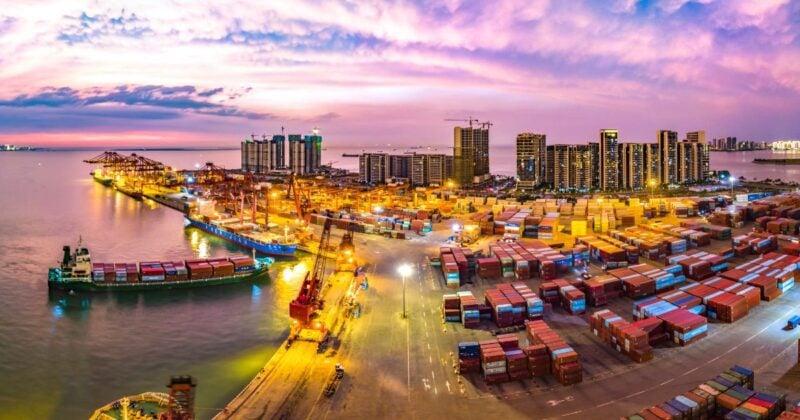Free Trade Zone (FTZ)

Free trade zones (FTZ) are typically located near ports, airports, or national borders, offering strategic access to global markets. The primary purpose of an FTZ is to encourage international trade by providing tax exemptions and simplifying customs procedures, thereby reducing operational costs for businesses.
Companies operating in FTZs do not have to pay customs duties on goods until they are moved out of the zone and into the domestic market. This allows for deferred duty payment, providing businesses with better cash flow management. FTZs also often offer tax exemptions on goods stored or manufactured within the zone, which can significantly reduce production costs. By processing goods within an FTZ, companies can avoid import quotas that might apply if the goods were imported directly into the domestic market.
In addition, FTZs are equipped to provide streamlined customs procedures. They endorse flexible supply chain management practices, which reduce paperwork and processing times. FTZs often provide infrastructure and logistical support, such as warehousing and transportation services. This facilitates the easy movement of goods and allows companies to handle goods more efficiently. As such, FTZs attract foreign investment and present opportunities for businesses to gain a competitive edge in the global market.
For example, Singapore is known for its efficient logistics and trade facilitation. More importantly, its central location and proximity to Southeast Asian countries make it ideal for hosting multiple FTZs that function as pivotal hubs for international shipping and trade. This extensive network offers preferential access to major markets worldwide — making it a crucial location for businesses seeking to expand their global reach.






 English
English